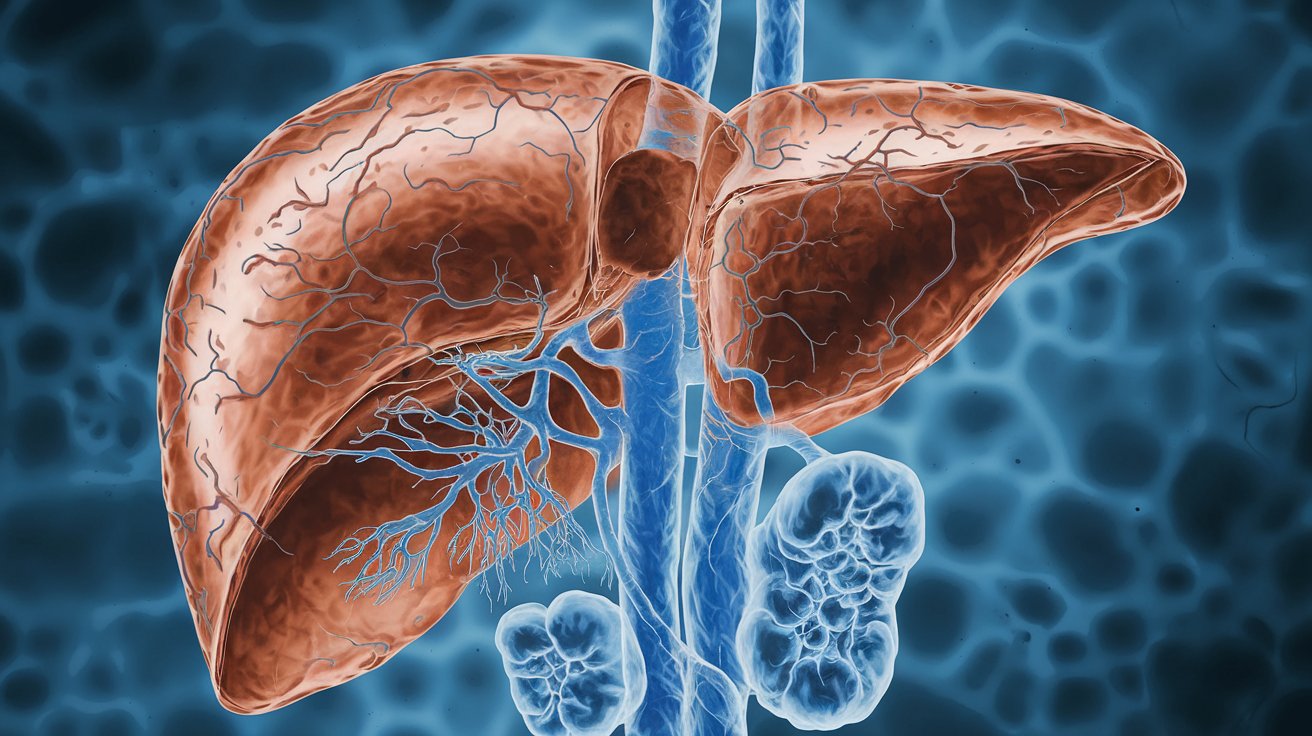
Hypoglycemia with deficiency of glycogen synthetase in the liver is a rare metabolic disorder that can lead to dangerously low blood sugar levels. This condition occurs when the liver lacks the enzyme needed to convert glucose into glycogen, the stored form of sugar. Without this enzyme, the body struggles to maintain normal blood sugar levels, especially during fasting or intense physical activity. Symptoms can include fatigue, dizziness, confusion, and even seizures. Understanding this condition is crucial for managing it effectively. Here, we’ll explore 25 essential facts about this disorder, shedding light on its causes, symptoms, diagnosis, and treatment options.
Key Takeaways:
- Hypoglycemia with deficiency of glycogen synthetase in the liver causes low blood sugar. Treatment includes special diets, medications, and regular monitoring to live a normal lifespan with this rare disorder.
- Patients need frequent meals, genetic testing, and emergency glucagon for hypoglycemia. Ongoing research aims to improve understanding and treatment of this rare disorder.
Understanding Hypoglycemia With Deficiency Of Glycogen Synthetase In The Liver
Hypoglycemia with a deficiency of glycogen synthetase in the liver is a rare metabolic disorder. This condition affects how the body stores and uses glucose, leading to low blood sugar levels. Here are some fascinating facts about this condition.
-
Glycogen Synthetase Deficiency: This enzyme is crucial for converting glucose into glycogen, the stored form of sugar in the liver.
-
Rare Genetic Disorder: This condition is inherited in an autosomal recessive pattern, meaning both parents must carry the defective gene.
-
Symptoms in Infants: Newborns with this disorder often exhibit symptoms like poor feeding, irritability, and lethargy.
-
Frequent Feeding Needed: To manage blood sugar levels, affected individuals often require frequent meals and snacks.
-
Liver Enlargement: Hepatomegaly, or an enlarged liver, is a common symptom due to the accumulation of abnormal glycogen.
Symptoms and Diagnosis
Recognizing the symptoms and diagnosing this condition early is crucial for effective management. Here are some key points about symptoms and diagnosis.
-
Hypoglycemic Episodes: Patients may experience frequent episodes of low blood sugar, especially during fasting.
-
Developmental Delays: Children with this condition might show delays in growth and development.
-
Blood Tests: Diagnosis often involves blood tests to measure glucose and enzyme levels.
-
Genetic Testing: Confirming the diagnosis usually requires genetic testing to identify mutations in the GYS2 gene.
-
Liver Biopsy: In some cases, a liver biopsy may be performed to examine glycogen storage.
Treatment and Management
Managing hypoglycemia with a deficiency of glycogen synthetase involves a combination of dietary changes and medical interventions. Here are some important aspects of treatment.
-
Dietary Management: A high-protein, low-carbohydrate diet can help maintain stable blood sugar levels.
-
Cornstarch Therapy: Uncooked cornstarch is often used as a slow-release carbohydrate to prevent hypoglycemia.
-
Medications: Some patients may require medications to manage symptoms and prevent complications.
-
Regular Monitoring: Frequent monitoring of blood sugar levels is essential to avoid hypoglycemic episodes.
-
Emergency Glucagon: Patients should have access to glucagon injections for emergency treatment of severe hypoglycemia.
Long-Term Outlook
Living with this condition requires ongoing care and attention. Here are some facts about the long-term outlook for individuals with this disorder.
-
Normal Lifespan: With proper management, individuals can lead a normal lifespan.
-
Quality of Life: Adhering to dietary and medical recommendations can significantly improve the quality of life.
-
Regular Check-ups: Routine medical check-ups are necessary to monitor liver function and overall health.
-
Education and Support: Patients and families benefit from education about the condition and support from healthcare professionals.
-
Research and Advances: Ongoing research aims to improve understanding and treatment of this rare disorder.
Complications and Challenges
Despite management strategies, patients may face certain complications and challenges. Here are some important points to consider.
-
Risk of Liver Disease: Long-term complications can include liver disease or cirrhosis.
-
Hypoglycemia Unawareness: Some patients may develop a reduced ability to recognize hypoglycemia symptoms.
-
Nutritional Deficiencies: Strict dietary restrictions can lead to deficiencies in essential nutrients.
-
Psychosocial Impact: Living with a chronic condition can affect mental health and social interactions.
-
Emergency Preparedness: Patients and families should be prepared for emergencies, including having a plan for severe hypoglycemia episodes.
Final Thoughts on Hypoglycemia and Glycogen Synthetase Deficiency
Understanding hypoglycemia with glycogen synthetase deficiency in the liver is crucial for managing this rare condition. This disorder disrupts the body's ability to store and release glucose, leading to frequent low blood sugar episodes. Symptoms can range from mild shakiness to severe confusion or seizures. Early diagnosis and proper management, including a specialized diet and regular monitoring, can significantly improve quality of life. While there’s no cure, ongoing research offers hope for better treatments. Awareness and education about this condition are vital for patients, families, and healthcare providers. By staying informed and proactive, those affected can navigate the challenges more effectively. Remember, knowledge is power when dealing with any health issue. Stay curious, stay informed, and always consult healthcare professionals for personalized advice.
Frequently Asked Questions
Was this page helpful?
Our commitment to delivering trustworthy and engaging content is at the heart of what we do. Each fact on our site is contributed by real users like you, bringing a wealth of diverse insights and information. To ensure the highest standards of accuracy and reliability, our dedicated editors meticulously review each submission. This process guarantees that the facts we share are not only fascinating but also credible. Trust in our commitment to quality and authenticity as you explore and learn with us.
